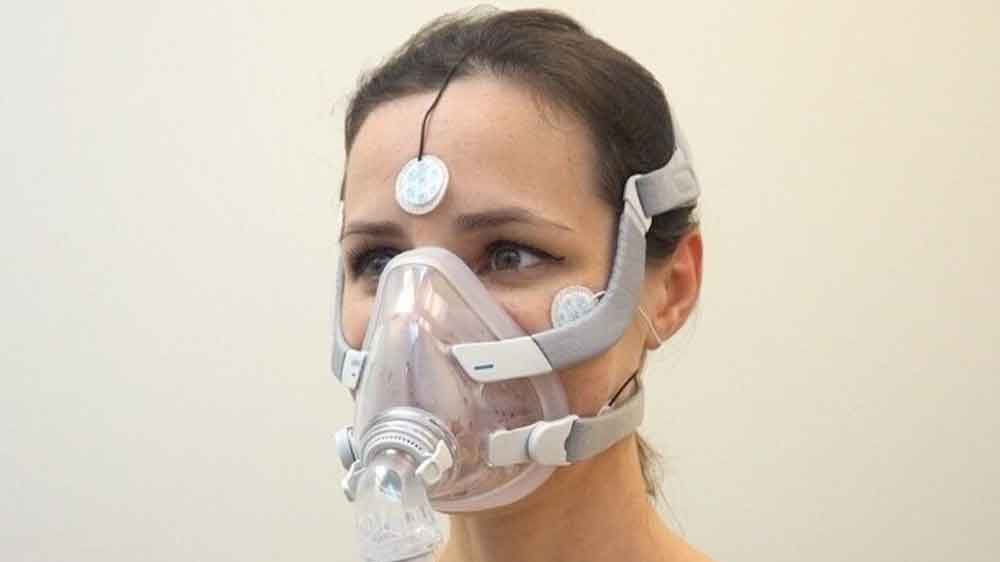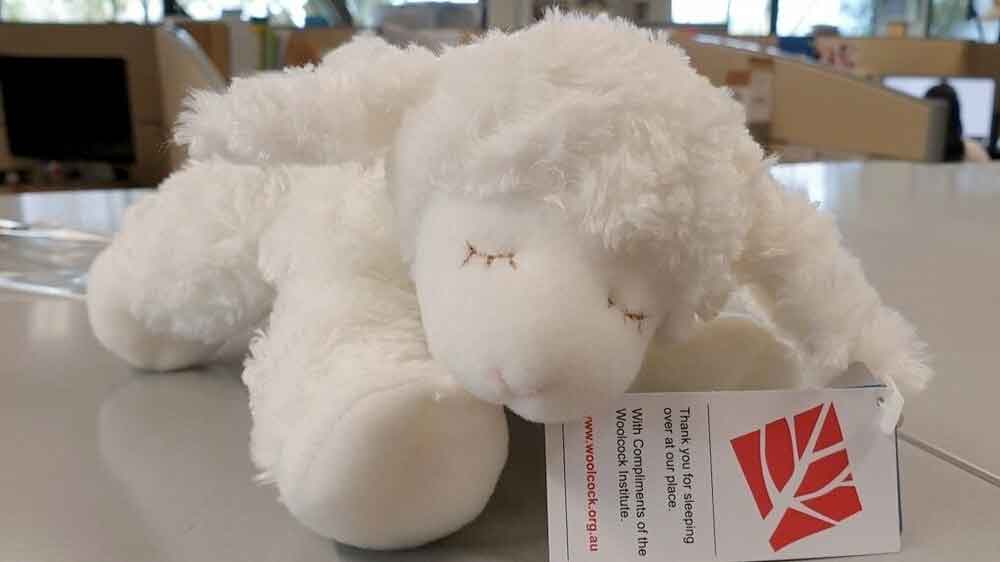The Woolcock Institute of Medical Research

Pharmacists want expertise to help ease sleep burden
Pharmacists are calling to be upskilled in sleep disorders to meet growing demand from customers seeking support for insomnia and other sleep problems.
Newly-published research by Woolcock Institute researchers shows pharmacists are frequently presented with sleep-related concerns by consumers. However, many feel they are not adequately trained to deal with complex cases.
“Sleep problems are widespread in our community, with one in five Australians affected by a major sleep disorder,” says Woolcock researcher Mariam Basheti. “Pharmacists are uniquely positioned to support people with sleep issues and they want the training to be able to do it.”
Adults should get 7 to 8 hours of sleep each night, but many fall short of this mark, experiencing fatigue, daytime sleepiness, irritability and low mood. Diagnosable sleep disorders like insomnia and the night time breathing condition obstructive sleep apnea (OSA) are common and often go untreated.
Ms Basheti wanted to find out how pharmacists, some of the most easily accessible health professionals in Australia, currently manage sleep-related encounters they are presented with. The PhD candidate, from the University of Sydney, analysed interviews with 25 Australian pharmacists and found insomnia and OSA were the most common sleep issues they dealt with.
“We found that pharmacists most commonly offer support in the form of basic sleep health management, including sleep hygiene education, or advice on sleep aid medication,” Ms Basheti says. “But with more complex cases, pharmacists prefer to refer customers to their GP as they felt they didn’t have the sufficient knowledge or expertise to appropriately manage these presentations.”
Importantly, researchers found all pharmacists wanted to expand their roles in sleep health so they could screen patients for a sleep disorder and offer sleep behaviour counselling and medication management. They would also like to be able to formally refer patients to sleep specialists and collaborate with GPs to help patients discontinue using sedatives and other sleep aids, Ms Basheti says. “However, to offer these services pharmacists felt they needed additional sleep health education and training,” she says. “Crucially, they would also require support and recognition from the health system, health professionals and the general public to implement new practices.”
The Woolcock team was excited to see how enthusiastic and willing pharmacists are to play an integral role in sleep health care. “Getting our pharmacists on board with additional sleep treatment skills could certainly help alleviate the burden of poor sleep health in Australia,” Ms Basheti says.
Find out more
- Read the full article: Sleep health management in community pharmacy: Where are we and where should we be heading?, Research in Social and Administrative Pharmacy.
- See recent updates from our sleep work
- About our Sleep Clinic
Support our sleep work

$100 can provide a CPAP mask for use in our research.
Donate now










